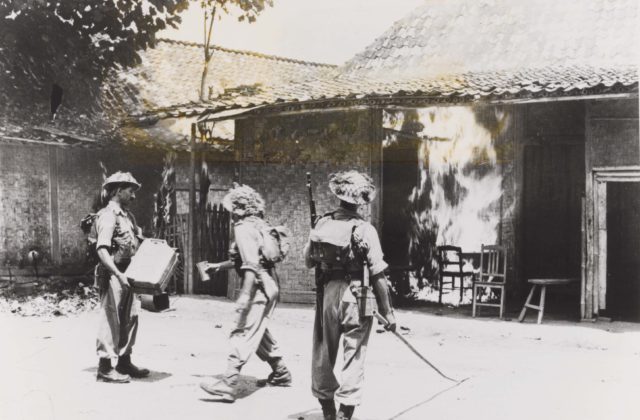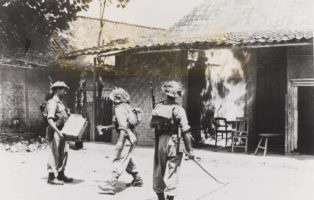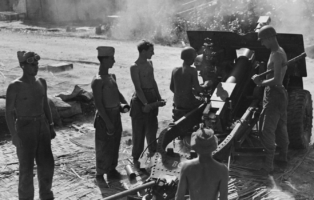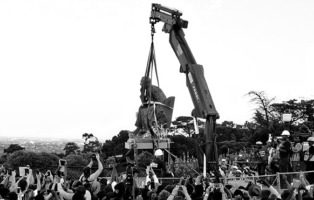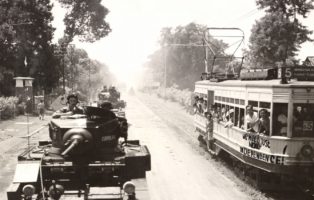The ten historians of the theme group, led by Thijs Brocades Zaalberg and Bart Luttikhuis, compare the decolonization war in Indonesia (1945-1949) with wars in Algeria, Vietnam, Kenya and Malaysia, among others.
Brocades Zaalberg and Luttikhuis: “Comparing violence often leads to relativizing. ‘Of course we did our share of bad things in Indonesia, but look how bad the French were, or the Portuguese, or the British …’. All too often, such conclusions, intended to justify actions, are used by Dutch politicians, journalists and also historians, when they compare extreme violence in Indonesia on an international level.”
This tendency to guilt-rate and establish a ranking of cruelty is radically rejected by the theme group in their discussion forum “Extreme violence during decolonization wars in comparative perspective, 1945-1962” in BMGN – Low Countries Historical Review 135 (2).
The aim is not to relativize, but to come to a better understanding of why extreme violence was used in all these wars. “The four fascinating sub-studies, which include the role of sexual violence, and political-administrative responsibility, demonstrate one common denominator between all these wars: the deliberate lack of political accountability and the resulting institutionalized impunity. The military men in the army top and politicians in The Hague, London and Paris knew about extreme violence, but did not want to know. And so they deliberately let violence against civilians and prisoners of war escalate.”
About the Theme Group
The theme group “Comparing the wars of decolonization: Extreme violence during reoccupation and counter-insurgency, 1945-1975” engaged in comparative research in order to learn more about causes, forms and nature of (extreme) violence by Dutch military forces in their attempt to re-establish colonial authority during the Indonesian struggle for independence (1945-1949). WithThijs Brocades Zaalberg; Bart Luttikhuis; Pierre Asselin;Huw Bennett; Brian McAllister Linn;Stef Scagliola;Martin Thomas;Natalya Vince;Esther Captain;Roel Frakking;Azarja Harmanny;Peter Romijn.
It is part of the large-scale research programme Independence, decolonization, violence and war in Indonesia, 1945-1950, carried out by the Royal Netherlands Institute of Southeast Asian and Caribbean Studies (KITLV), the Netherlands Institute of Military History (NIMH) and the NIOD Institute for War, Holocaust and Genocide Studies.
